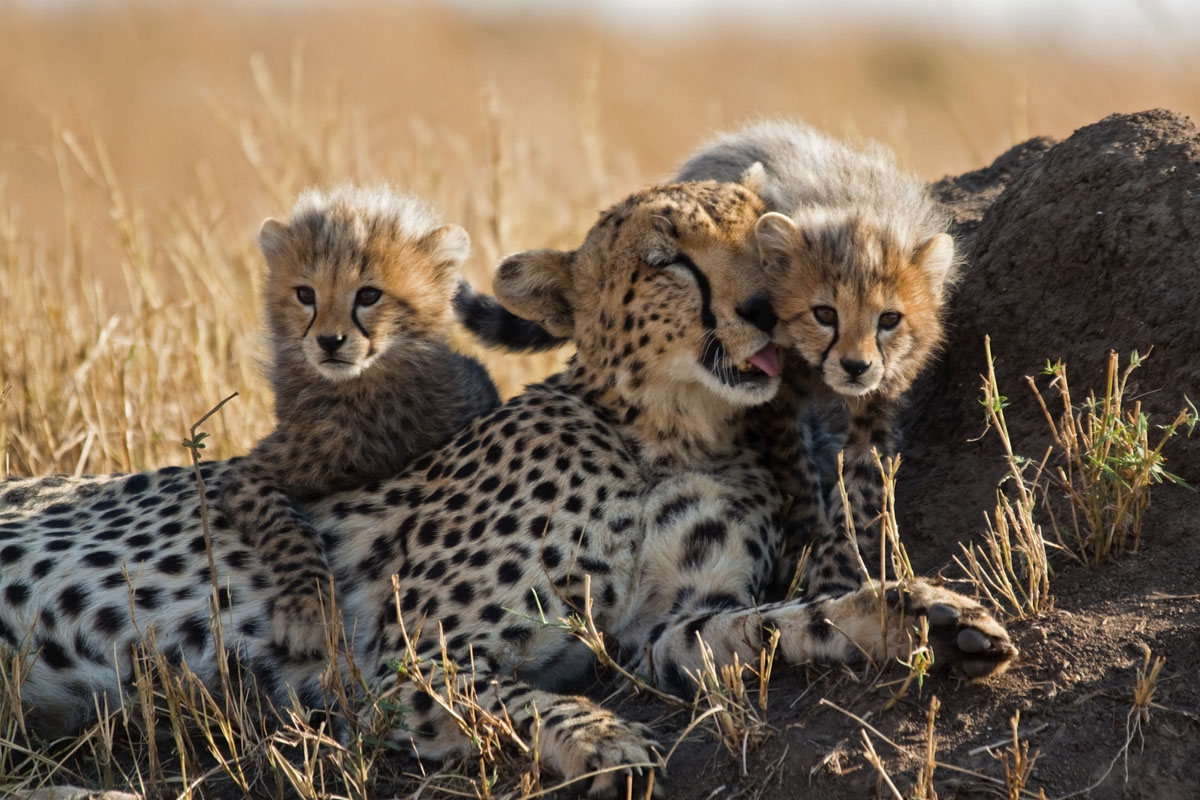PM Modi on 3-day visit to 3 states–MP, Bihar, Assam–from Sunday
According to the Prime Minister’s Office (PMO), the Prime Minister will visit Madhya Pradesh, Bihar and Assam from February 23-25.
As the Government of India is gearing up to rehabilitate more Cheetahs in different forest areas of the country, experts from the Wildlife Institute of India (WII) have claimed that the controversial ‘Project Cheetah’ in Kuno National Park, Madhya Pradesh, has proven to be a successful endeavour by the Centre.

(Representational Image: iStock)
As the Government of India is gearing up to rehabilitate more Cheetahs in different forest areas of the country, experts from the Wildlife Institute of India (WII) have claimed that the controversial ‘Project Cheetah’ in Kuno National Park, Madhya Pradesh, has proven to be a successful endeavour by the Centre. WII experts said that the success of the cheetah conservation project in Kuno has significantly encouraged the Centre to expedite its plans to replicate a similar project in the Gandhi Sagar Wildlife Sanctuary (GSWS).
Scientists at the Dehradun-based WII have informed that the Centre’s ‘Project Cheetah’, aimed at conserving the fastest big cat extinct from Indian soil, has been a successful initiative, with the mortality rate lower than the expected norm of 50 per cent. According to WII scientists, the successful implementation of the project in Kuno National Park has synergised the central government’s ongoing preparations to replicate it in another forest area of Madhya Pradesh, the Gandhi Sagar Wildlife Sanctuary.
Advertisement
A senior wildlife scientist from the WII, speaking on the condition of anonymity, said, “Project Cheetah at Kuno National Park, aimed at reintroducing the extinct big cats to India and contributing to global cheetah conservation efforts, has been a successful project so far. A total of 20 cheetahs were introduced in 2022 and 2023, and only eight have died. In other words, the mortality rate is lower than the expected 50 per cent within the first year, as determined by big cat experts. The potential mortality rate was studied and fixed by experts before importing the big cats to Kuno National Park. The project is progressing successfully as per expectations.”
Advertisement
The senior scientist, however, refused to speak on the record about Project Cheetah, stating, “WII scientists or other government officials and wildlife experts have been strictly instructed by the central government not to comment on the project. We have received these instructions in writing. Only the Union Minister for Forests and Environment, or officials designated by him, are authorised to speak on this matter, as it has already attracted its share of controversies.”
It is notable that the first batch of eight cheetahs was brought to Kuno National Park on September 17, 2022, from Namibia under ‘Project Cheetah’. The second batch of 12 cheetahs arrived from South Africa on February 18, 2023. Eight of the 20 cheetahs imported from Namibia and South Africa died but 12 have survived, with the mortality rate being lower than the expected 5O per cent. It’s significant that the study report on the survival and mortality chances of Cheetahs brought from Namibia and South Africa to Kuno categorically stated that the project would be considered successful if the mortality rates of the felines remained below 50 per cent.
Interestingly, 17 cubs were born to the female cheetahs brought to Kuno National Park, but five of them have died. Currently, Kuno houses 24 cheetahs, with an approximate survival rate of 60 per cent. A team of big cat experts and scientists from WII has been constantly monitoring the cheetahs in Kuno since their arrival.
Advertisement